Tasty decision: SuperMac's beats BigMac
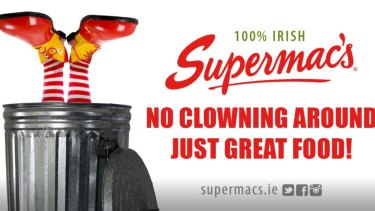
EU Intellectual Property Office (“EUIPO”) on January 11, 2019, in a non-use cancellation action (Cancellation No 14 788 C) filed by Supermac's (Holdings) Ltd., decided that McDonald's had failed to prove genuine use of its BIG MAC trademark and the trademark was cancelled accordingly.
The decision obviously hit the news. Let's have a deeper sight of what really happened.
The company Supermac's, a family business born in Ireland, opened its first restaurant in 1978 in Ballinasloe, County Galaway and successfully registered its trademark in the 1989. Since then however, seems to have had business only in that geographical area. Nevertheless, beaten on the time, McDonald successfully opened its first store in Dublin in the early 1977 meanwhile the registered trademark for McDonald goes back to the 1968 and to 1975 for BigMac.
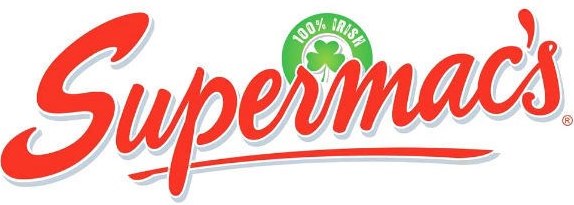
Until recently, the trademarks were peacefully coexisting together in Ireland, but Supermac's decided to expand its business out of Ireland and applied for its first EU Trademark in 2014.
McDonald's objected to Supermac's registration application to trademark its name and certain product names on the grounds that the names Supermac's and McDonald's are similar.
In a counterattack Supermac's decided to try to cancel the trademark BigMac via non-use cancellation. According to the European Trademark Law, your trademark shall be genuinely used for a continuous period of at least 5 years from its registration date, failing which, the trademarks is exposed to cancellation.
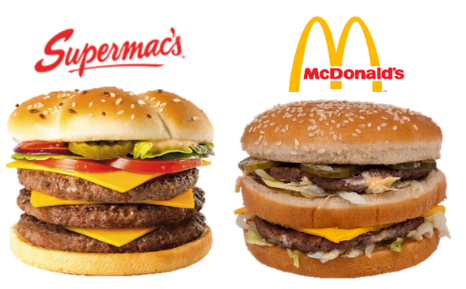
In its decision the Cancellation Division of EUIPO said that the trade mark owner must establish the place, time, extent, and nature of use of the contested trade mark for the goods and services for which it is registered. The EUIPO also said that, as the European Court of Justice has determined, all of these factors must be established, meaning that if any of those is missing, the chances your trademark might be cancelled increase exponentially.
Even though the popularity of the Big Mac is quite high, the evidence provided by Mc Donald's to prove the effective use were deemed as not enough by the EUIPO.
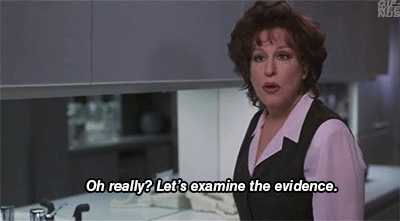
McDonald did provide in the response to the cancellation action some qualified evidence but those were almost all related only to three countries: Germany, France, and the United Kingdom as, it was stated, they are“three of the economically most important Member States” and should be sufficient to prove that the mark is used in the European Union.
McDonald's bundle of evidence consisted of the following four types of materials:
Affidavits of representatives of McDonald's companies in Germany, France, and the United Kingdom, which claimed significant sales in relation to BIG MAC;
Examples (which were attached to the affidavits) of various materials relating to the BIG MAC and other sandwiches, including packaging, brochures, advertising posters, and menus;
Printouts of McDonald's country-specific websites from 18 European countries;
Wikipedia article on the“Big Mac”.
The EUIPO noted that the affidavits were hand-made by the interested party itself and thus considered to be“affected by its personal interests in the matter.” As a result, it said, the probative value of the affidavits’statements depended on whether or not they were supported by other types of evidence.
The EUIPO also found that while some of the evidence McDonald's provided (e.g., some of the brochures and printouts from websites) referred to several of the relevant factors, McDonalds had not established all of the factors - in particular, the “extent” of use of its mark.
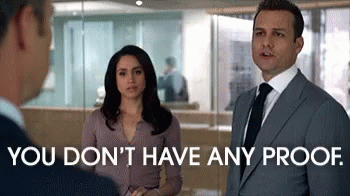
The EUIPO further pointed out that because all of this evidence originated from McDonald's itself, it lacked the probative value of independent evidence.
For what concern the website printouts, the EUIPO stated that the mere presence of a trade mark on a website is, of itself, insufficient to prove genuine use unless the website also shows the place, time and extent of use or unless this information is otherwise provided.
The EUIPO then noted that “useful evidence” to support the information on the websites would have been “records relating to internet traffic and hits attained at various points in time or, in some cases, the countries from which the web page has been accessed kept when operating.”
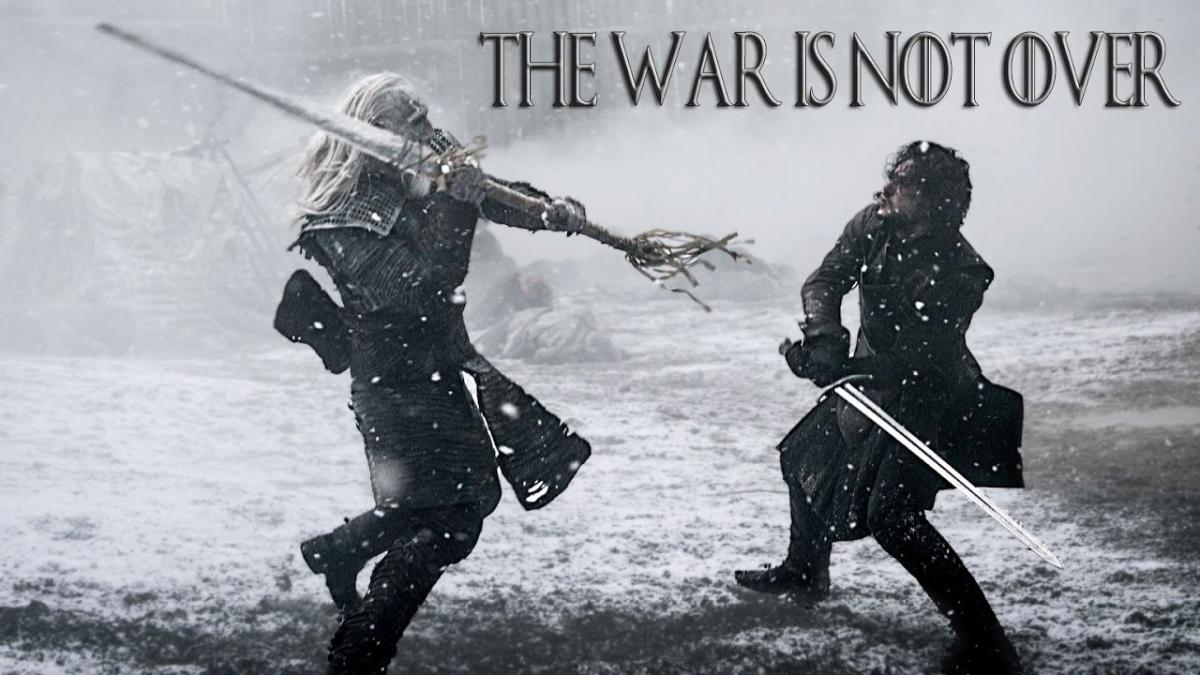
Lastly it was also mentioned in the decision that the Wikipedia entries cannot be considered as a reliable source of information, as they can be amended by Wikipedia's users.
The EUIPO also criticized the way McDonald's submitted its brochures and packaging, saying it provided no information about how the brochures were circulated, who they were offered to, whether they had led to any purchases, or how many of the products for which the packaging was used were actually sold.
The battle is lost but the war is still long. McDonald's has now until March 11, 2019 to appeal the EUIPO decision, and we believe McDonald is not going to give up so easily its trademark.
HFG Law&Intellectual Property


